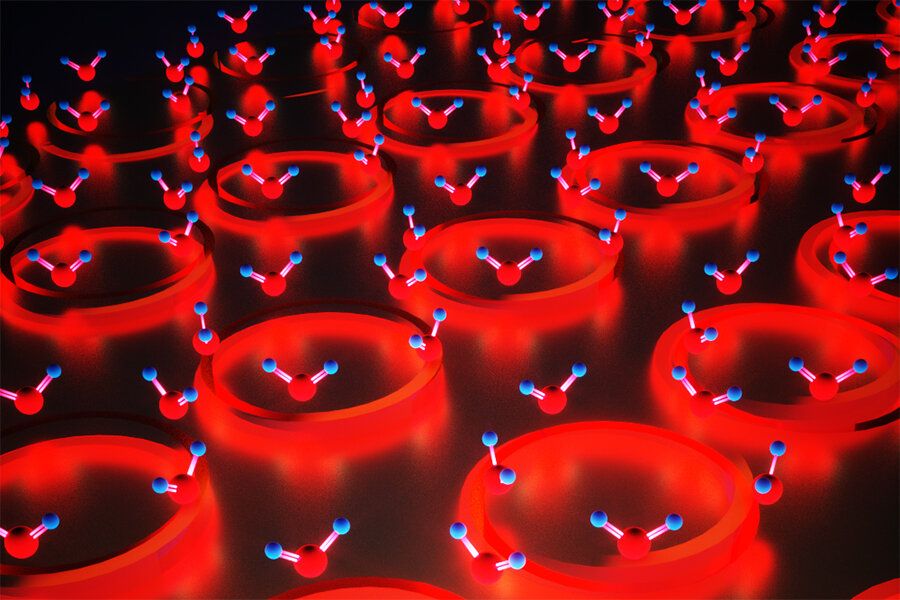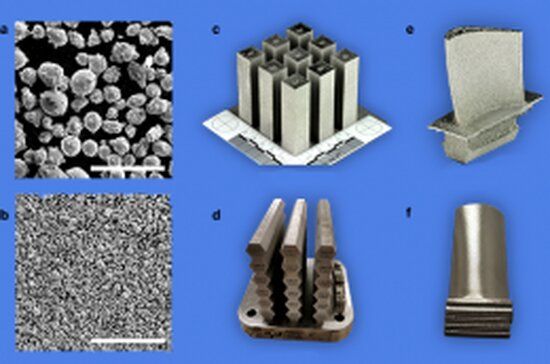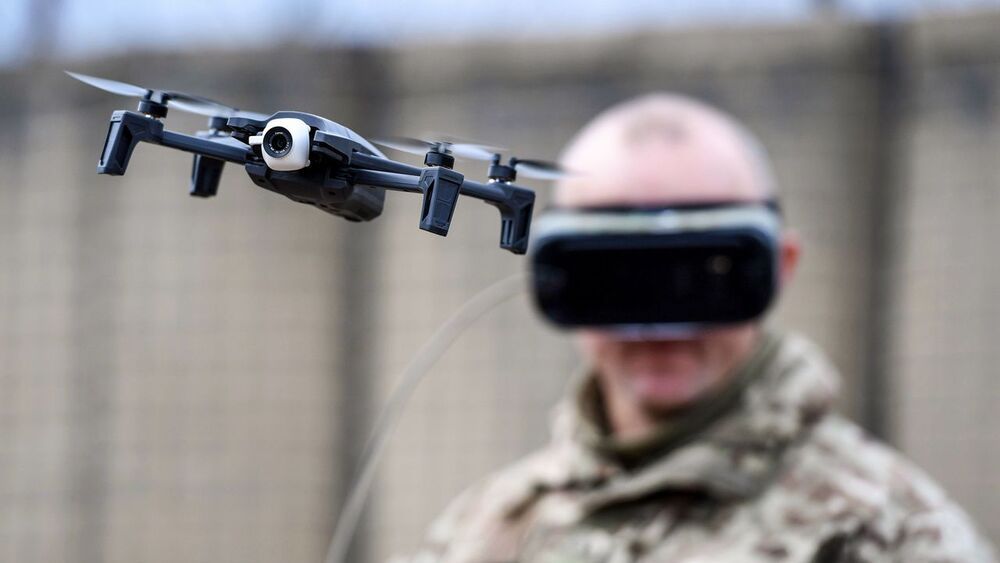For the longest time, Google’s new Fuchsia operating system remained a bit of a mystery — with little information in terms of the company’s plans for it, even as the team behind it brought the code to GitHub under a standard open-source license. These days, we know that it’s Google’s first attempt at developing a completely new kernel and general purpose operating system that promises to be more than just an experiment (or a retention project to keep senior engineers from jumping ship). For the most part, though, Google has remained pretty mum about the subject.
It seems like Google is ready to start talking about Fuchsia a bit more now. The company today announced that it is expanding the Fuchsia open-source community and opening it up to contributions from the public. Typically, companies start opening up their open-source projects to outside contributors once they feel they have achieved a stable foundation that others can build on.
“Starting today, we are expanding Fuchsia ‘s open source model to make it easier for the public to engage with the project,” the team writes. “We have created new public mailing lists for project discussions, added a governance model to clarify how strategic decisions are made, and opened up the issue tracker for public contributors to see what’s being worked on. As an open source effort, we welcome high-quality, well-tested contributions from all. There is now a process to become a member to submit patches, or a committer with full write access.”








